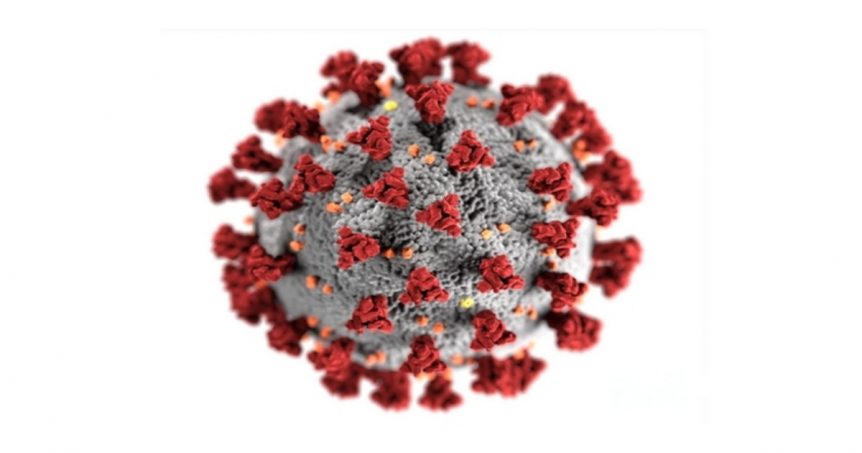On 9 April 2020, the Human Rights Council held its first online informal briefing to address the challenges to human rights resulting from the COVID-19 pandemic. During the meeting, the UN High Commissioner for Human Rights, Michelle Bachelet briefed UN member states and civil society on how the Office of the High Commissioner is addressing human rights needs during this pandemic and called for “a more cooperative, global and human rights-based approach to the crisis”.
CIHRS joined dozens of civil society organizations in calling for a human rights based approach to the pandemic in three statements delivered by representatives of civil society during the meeting. Two of the joint civil society statements focused on government responses to COVID-19 and the risks and challenges for civil and political rights and economic, social, and cultural rights . The organizations echoed calls from the UN to release prisoners within the guidelines provided by UN experts and urged countries, including Egypt, Libya, Israel, Bahrain, Kuwait, Morocco, Syria and the UAE to include human rights defenders, peaceful protesters and prisoners of conscience among those being released. The statements also highlighted the rights of vulnerable populations in situations of conflict and occupation and emphasized the duty of governments and parties exercising effective control to protect, fulfill, and respect the right to health and provision of health services to all and ensure full and unimpeded access for humanitarian and medical aid. In the third statement, the organizations delivered recommendations to the United Nations , including demanding that States redirect resources from the production of weapons and war to respond to the economic impacts of the COVID-19 pandemic, in line with the UN Secretary-General’s appeal for a global ceasefire.
Share this Post

